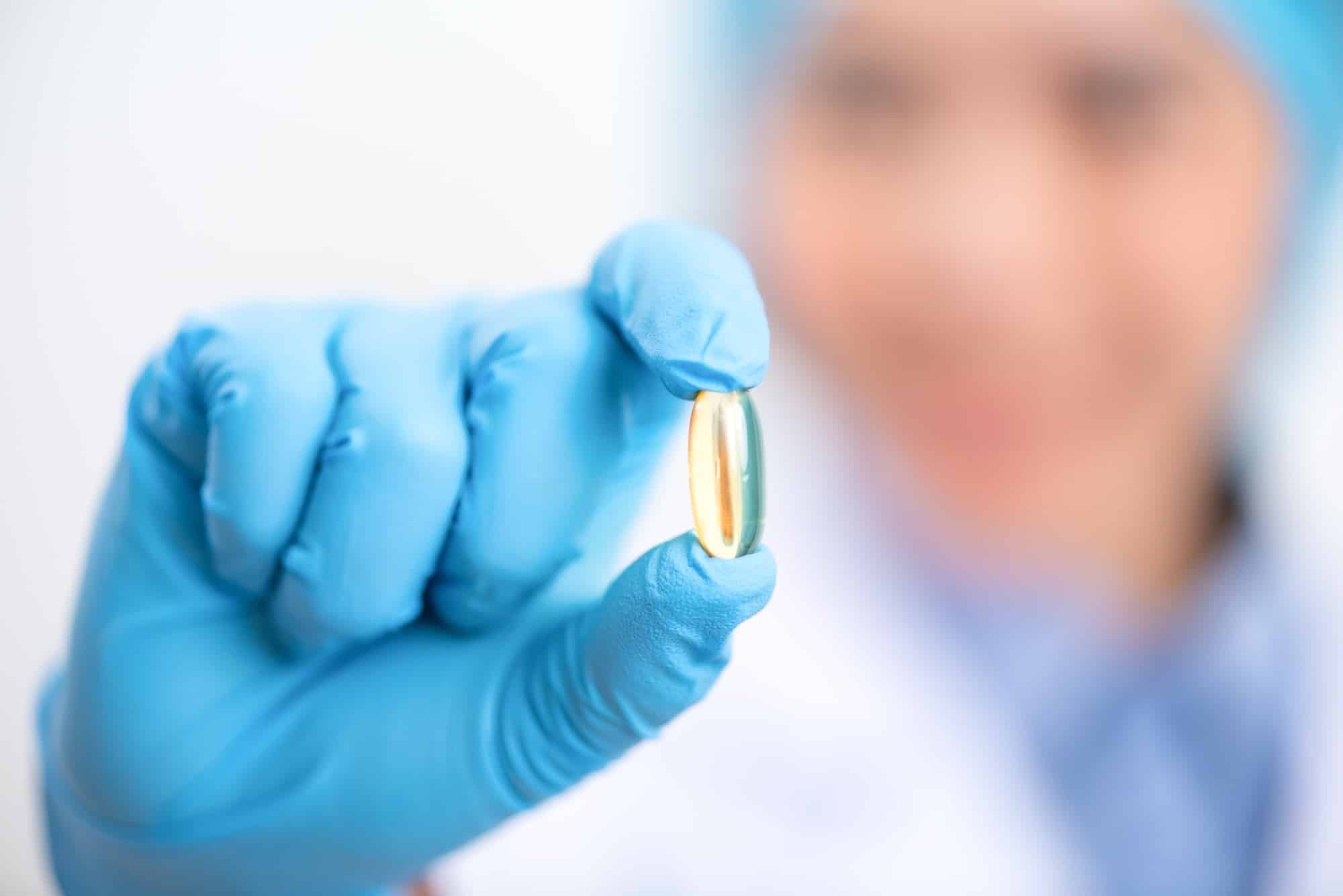There is increasing evidence that Vitamin D plays an important role in aging. This is especially true in people with lower Vitamin D levels. This is important because studies have failed to give guidance on optimal levels of Vitamin D and aging.
How does Vitamin D impact Aging?
Vitamin D is unique in that it’s both a Steroid and a Vitamin. It’s critical to bone health, calcium balance and may even help us live longer and look better. Lack of Vitamin D or a Vitamin D deficiency is a very common problem impacting at least 30 to 40 % of the U.S. population and gets worse as we age.
Vitamin D is also important in controlling inflammation in the body by acting on special Vitamin D binding sites. This type of inflammation or “oxidative,” stress is worse when Vitamin D levels are low. It’s important that we ask our doctor to check our Vitamin D levels at least once a year and consider taking Vitamin D3 supplement if our levels are low. Low levels may also contribute to diseases of our immune systems or auto-immune diseases like multiple sclerosis (MS), rheumatoid arthritis (RA), and diabetes or sugar problems.
A study in the Americal Journal of Clinical Nutrition shows that higher Vitamin D levels may actually slow down the process of Aging by reducing inflammation or oxidative stress in the body by keeping the structure of our genes called Telomeres intact and long. New research tells us that Telomeres acts like “caps or shoelaces,” keeping our DNA or genes from fraying, shortening and getting old.
The study looked at oxidative stress and telomere length in over 2,000 middle aged women with low, normal, and high-normal levels of 25-Vitamin D (the most common blood test to measure Vitamin D levels in the body). They found that women with high-normal or normal levels of 25-Vitamin D compared to women with low 25-Vitamin D levels had a whopping extra 7 years of biological life, lower body inflammation and less oxidative stress. This also corresponded to longer Telomere length.
It’s now believed that these internal timekeepers or Telomeres may control how fast we Age or how early we see the signs of Aging. Aging is a complex process that we are learning more about every day. The role Vitamin D plays in the Aging process and Telomere shortening is not fully understood but higher levels of 25-Vitamin D seem to keep inflammation in check and Telomere’s length longer. Studies say it’s not only the amount of Vitamin D 25 level that matters but taking Vitamin D3 supplements on a regular basis except for people at the highest levels of 25-Vitamin D may be beneficial.
As seen in a prior Vitamin D Blog by Dr. H, people who took Vitamin D3 supplements aged better regardless of blood levels of Vitamin D-25 than those who did not take supplements. This implies that taking Vitamin D3 supplements in safe amounts on a daily basis may strengthen the chromosomes or genes with the most benefit seen in people with the lowest 25-Vitamin D levels or those who are Vitamin D deficient.
Any other advice on Vitamin D and Aging?
Vitamin D is a special Hormone and Vitamin that is made by the “sun” in our skin, consumed in our diets either by products that are fortified with Vitamin D or naturally rich in Vitamin D, such as, certain fish like tuna or salmon. Unfortunately, the amount of we manufacture in our bodies and consume in our diets decrease as we get older. Why this happens is not clear but perhaps as we age it’s harder for us to convert the pro-Vitamin D into an active form of Vitamin D. This in addition to more inflammation and shorter Telomere length as we age makes Vitamin D intake even more critical to maintaining good health and aging slower.
Vitamin D seems to stabilize the backbone of cells and Telomeres, so our cells can live longer and repair better. This can be seen externally and internally and in fact facial aging is reported as faster in people with shorter Telomere length.
Other lifestyle changes that may help with longevity and boost Telomere length is reducing stress levels, exercising regularly, eating a healthy diet, and getting enough sleep ideally 6 to 8 hours every night. In fact, certain plant-based foods may be better than other at boosting Telomer length including fresh fruits, vegetables, nuts, legumes, and whole grains.
Dr. H at www.AskDoctorH.com recommends that you talk to your doctor about checking your Vitamin D-25 levels and if low consider taking Vitamin D3 supplements. A recent study shows that taking 2,000 IU (Internation Units) of Vitamin D3 each day is safe and well tolerated. However, before starting a daily supplement please talk your doctor to see if it is right for you.
If you have any question AskDoctorH, we are here to help.




 Have Questions? AskDoctorH
Have Questions? AskDoctorH